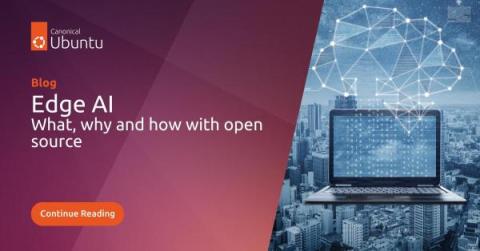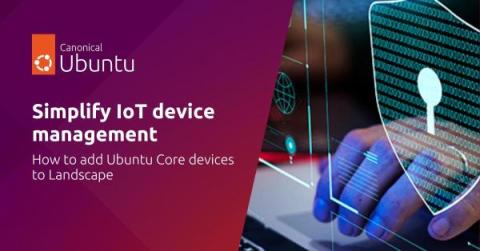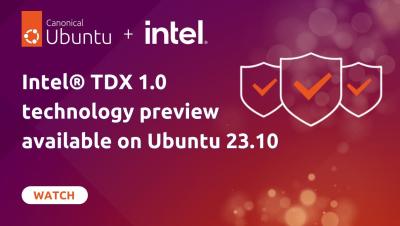.NET chiselled Ubuntu Containers | Canonical x Microsoft Interview
Dive deep into the collaboration between Canonical and Microsoft as we explore the latest innovation in the world of containers and.NET. In this interview, Richard Lander, Principal Program Manager for.NET at Microsoft, sits down with Cristovao Cordeiro, Engineering Manager for Containers at Canonical, to discuss the exciting developments post the launch of chiselled Ubuntu on Microsoft.NET with a focus on.NET 8, the latest release from Microsoft.











